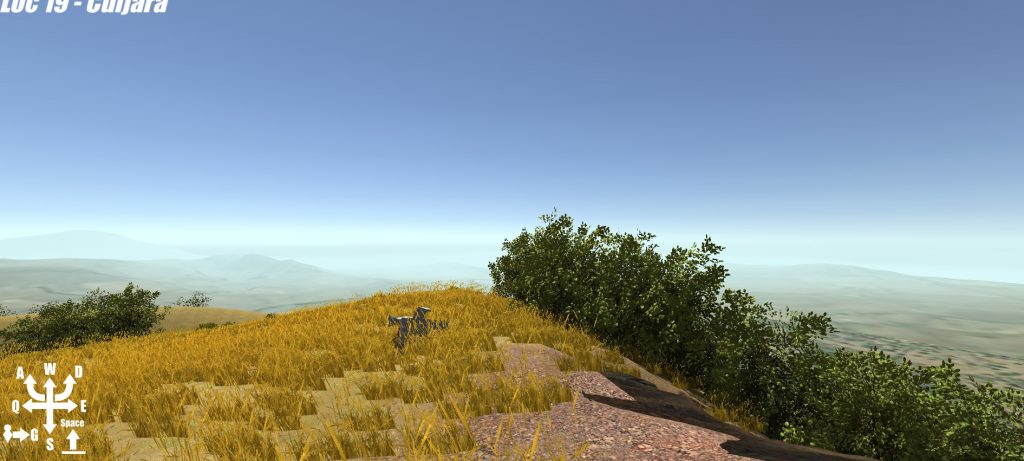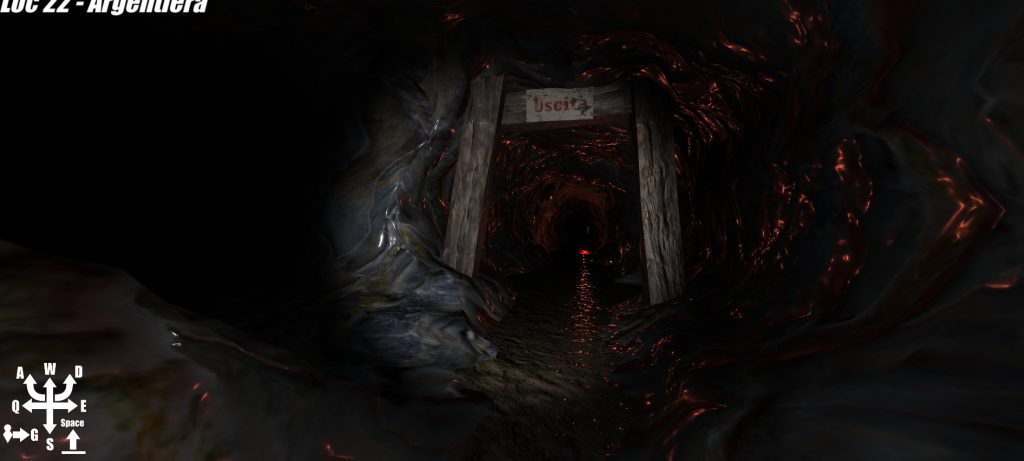Claire Dilliway, Project Manager for INHALE, explains how a study focussing on the air we breathe could continue to run as the world stayed at home
I joined Imperial in December 2019 to manage an EPSRC Grant called INHALE. INHALE aims to study our exposure to and the impact of urban air pollution on our health at multiple scales – from the cellular level, to our organs (particularly respiratory health), and considers the dispersal of air pollution in West London. It brings together an interesting (and jolly nice) and diverse team from Earth Science and Engineering, the National Heart and Lung Institute, Materials Science, the Data Science Institute and our partners at Edinburgh University and at the University of Surrey.
After many fruitful, formative (career-wise) years working in an overseas development-focussed think tank, I was excited to be working again with my original passion; Environmental Science. I was just starting to feel comfortable navigating around campus and knowing where our project staff were when the pandemic hit!
The initial impact will be familiar to many; a shift to working at home, getting the right office equipment, acclimatising to a life dominated by MS Teams as well as (for me, with 2 primary school aged children) a sense of impending doom as it looked increasingly likely that the schools would shut. INHALE was affected in a few broad areas in the early days of the pandemic. Firstly, we had to stop collecting particulate matter from the Secret Gardens near the health centre at Imperial as it was not possible to have staff on site to monitor and maintain the equipment. Secondly, it was not possible to work in the labs where the particulate matter was being imaged and analysed. Finally, we were unable to start the recruitment for the Clinical Trial which had been due to get off the ground in the summer of 2020.

You’d be forgiven for thinking that we have had a quiet lockdown but in fact there has been a lot going on – thankfully, as I hate being bored! The modelling and data aspects of the project have made great strides, we have been able to start the analysis of the particulate matter thanks to some hard work and favour pulling from colleagues with open facilities, and research staff have been able to take advantage of this time to write papers and plan. As lockdown eased a little in May, more access was possible. We were able to arrange for a network of stationary sensors to be installed around South Kensington Campus to run a very interesting study of pollution levels as the economy started to get moving again which continues to provide valuable data. We were also able to re-start the particle collection around that time too. We are now getting ready to start the Clinical Trial shortly and are actively looking for volunteers who live and work in Kensington and Chelsea and Hammersmith and Fulham.
The pandemic has also presented opportunities for the INHALE team who have a unique set of skills and experience to address some of the many questions which it has presented. We have put in various funding applications including to model the effectiveness of facemasks and the ‘2 metre rule’, and to investigate the spread and potency of airborne COVID-19. Fingers crossed!



